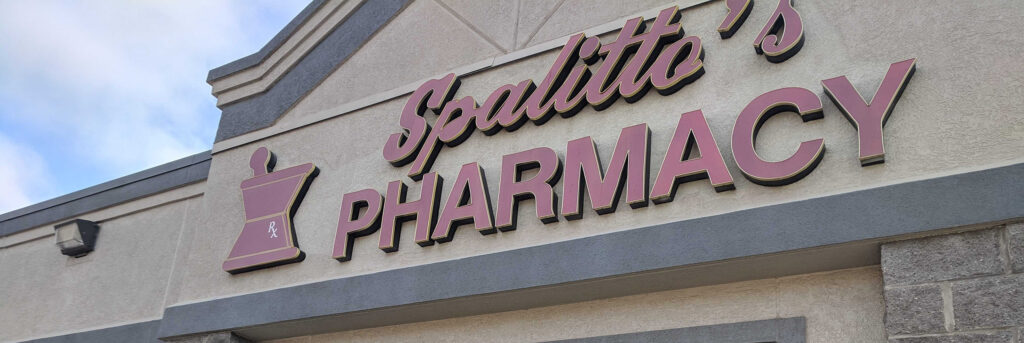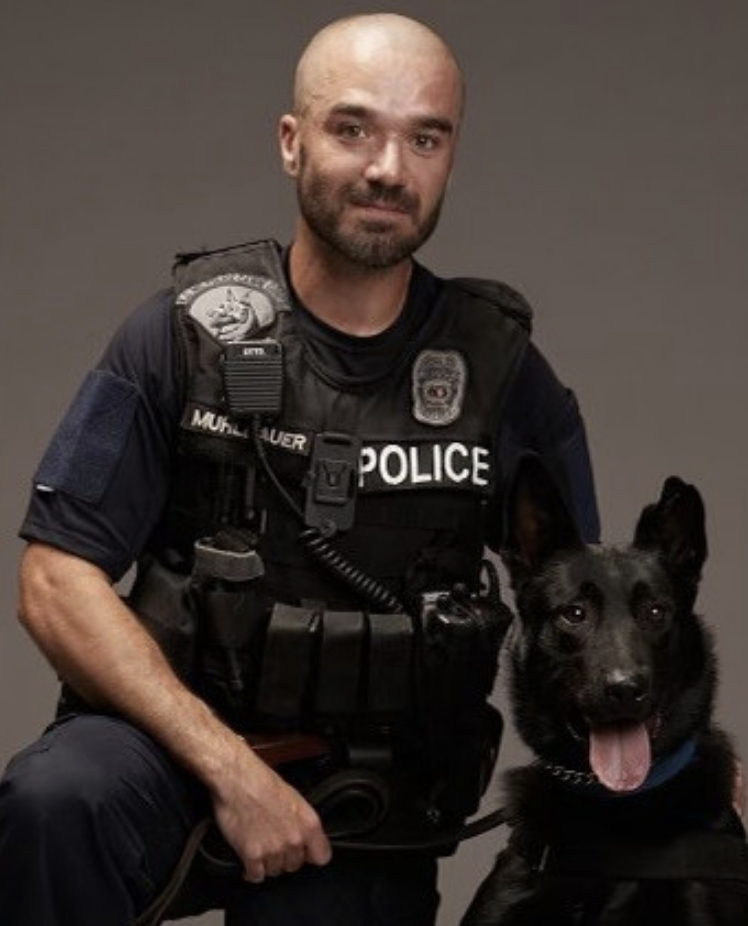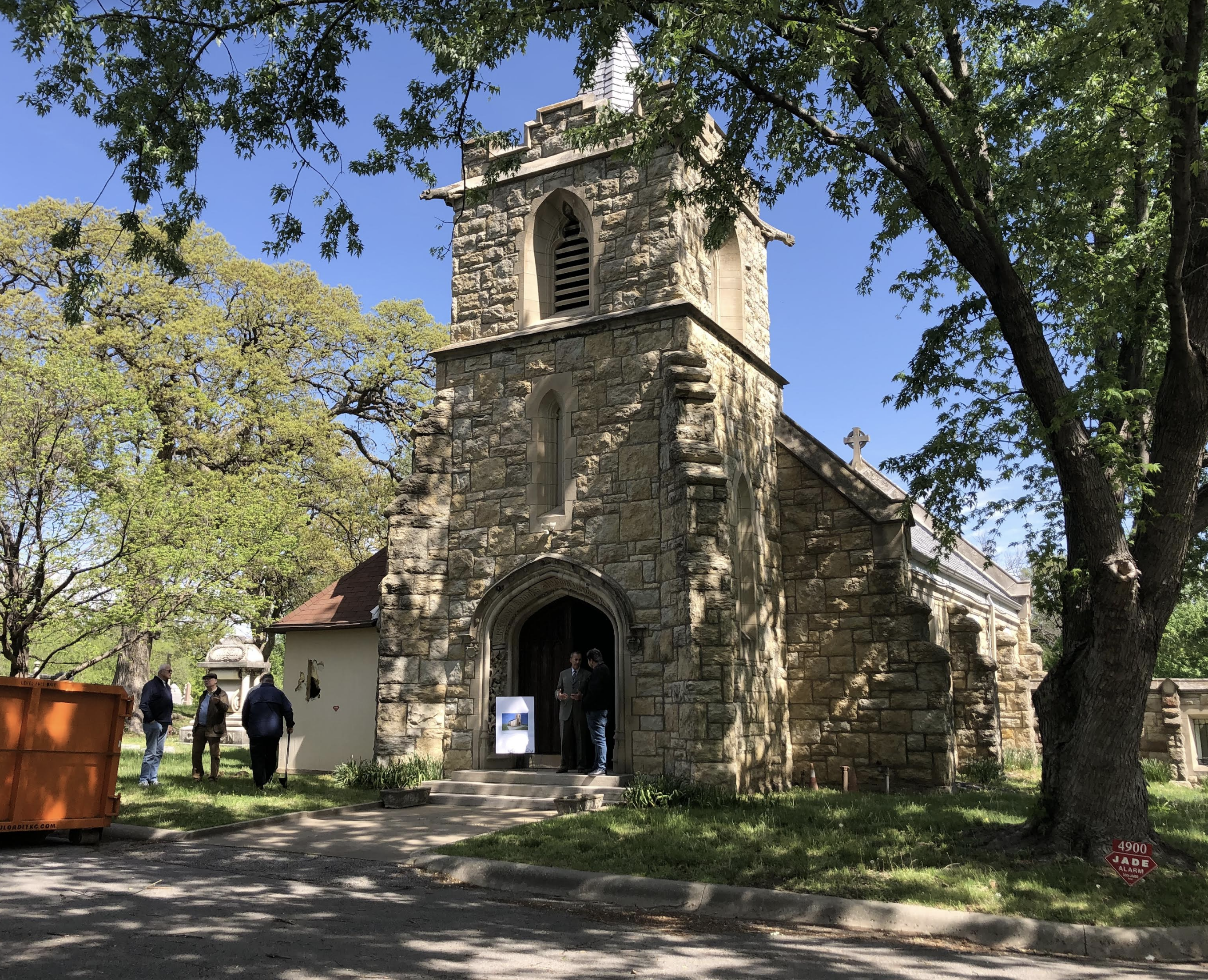
Abby Hoover
Managing Editor
Spalitto’s Pharmacy has been prohibited from continuing filling prescriptions without verifying whether they were issued by a Drug Enforcement Administration-authorized (DEA) practitioner under a consent decree approved in federal court on August 20.
The family-run pharmacy at 3801 Independence Ave., which opened in 1929, is now operated by Pete Spalitto, the pharmacist in charge.
The government alleged in a civil complaint that Spalitto’s Pharmacy violated the Controlled Substances Act by dispensing controlled substances without verifying whether they were issued by an authorized practitioner.
According to the complaint, Spalitto’s Pharmacy failed to implement or follow sufficient controls to guard against the diversion of controlled substances. Spalitto’s dispensed prescription drugs on more than 200 occasions since the beginning of 2016 in violation of the Controlled Substances Act and its implementing regulations.
The complaint says that Spalitto’s Pharmacy filled 125 prescriptions, primarily for oxycodone, for at least a dozen individuals that purported to be from the same physician. The pharmacy filled those prescriptions for several years, from July 2017 to January 2020, despite the existence of significant red flags.
The complaint cites another example in which an individual presented 122 forged prescriptions from January 2016 to June 2019. Spalitto’s Pharmacy filled those narcotic prescriptions despite the existence of significant red flags.
Spalitto said there have been numerous instances where his pharmacists have been presented with prescriptions that have prompted them to call and verify the authenticity of the prescription. He said they do this when the patient or doctor is not known to them, or if the patient is from far away.
“This case involved one person that I called the DEA myself when I recognized the doctor didn’t call me back after years of conversation with him,” Spalitto said. “And one other individual whose prescription I refused to fill from a different doctor, I called the DEA on that one. So I recognized and was calling on both prescriptions, that’s how this instance even got brought up.”
Spalitto’s acknowledged that the pharmacy dispensed controlled substances to individuals presenting prescriptions purporting to be written by a practitioner who was not authorized to prescribe controlled substances – in this case, a doctor whose license has been revoked.
“We already felt like we had okayed the prescription numerous times before to justify the authenticity of the prescription,” Spalitto said. “Now we are finding out that there are instances where doctors can have their license taken away and someone can steal their blanks [prescription pads] or gain access to their computer.”
In 35 years of filling prescriptions, Spalitto said this is something he’s never encountered. He gets phony looking prescriptions every day, and he calls a doctor to verify. If it’s false, they don’t fill it and call the police.
“The doctor’s license is taken away and somehow we’re presented with these prescriptions – and they’re all existing customers of ours with the relationship prior to his license being taken away,” Spalitto said. “They’re not strangers off the street, they’re not people that I didn’t know previously.”
By the government’s recommendation, Spalitto said they are changing their practices and will implement the DEA’s database.
“We will now, for every controlled substance prescription, make sure the doctor has a valid medical license to prescribe the prescription drug that he is prescribing,” Spalitto said. “That does not change the fact that we still are routinely checking prescriptions on a daily basis for their authenticity and reason to be used.”
Spalitto is named in a consent decree and final judgment signed by U.S. District Judge Gary A. Fenner. Under the terms of the consent decree, Spalitto’s is permanently prohibited from dispensing any controlled substance without verifying that the prescription contains a valid DEA registration number for the prescribing practitioner.
In a related settlement, Spalitto’s agreed to pay $250,000 to the United States to resolve civil penalty liability related to the United States’ allegations.
During this time, the DEA made available a free prescriber registration validity application online, which Spalitto’s could have used to discover that the prescriptions were not signed by an authorized practitioner.
The settlement agreement stipulates that there is neither an admission of liability by Spalitto and Spalitto’s Pharmacy to the government’s allegations, nor a concession by the government that its claims are not well-founded.
As a family owned business, Spalitto said his customers can still trust the pharmacy.
“I’ll be honest with them and tell them exactly what occurred,” Spalitto said. “We have a reputation that I think people can understand … there was no evidence of knowing, willing intent. Everyone makes mistakes, we dug a little hole and were caught in a little scam that we didn’t know about. We recognize it and are doing what we need to do to prevent it from happening going forward.”


















